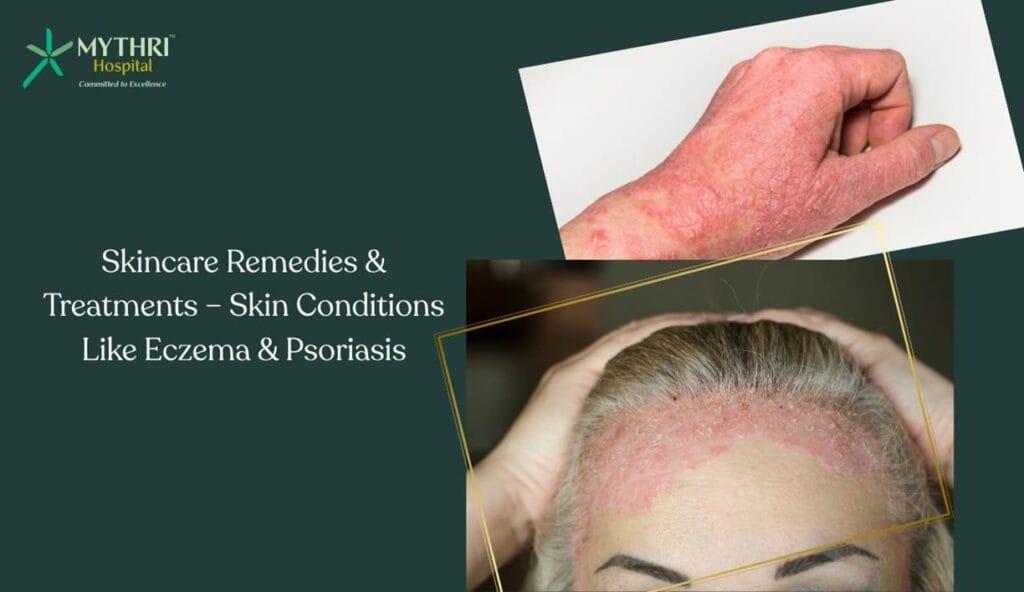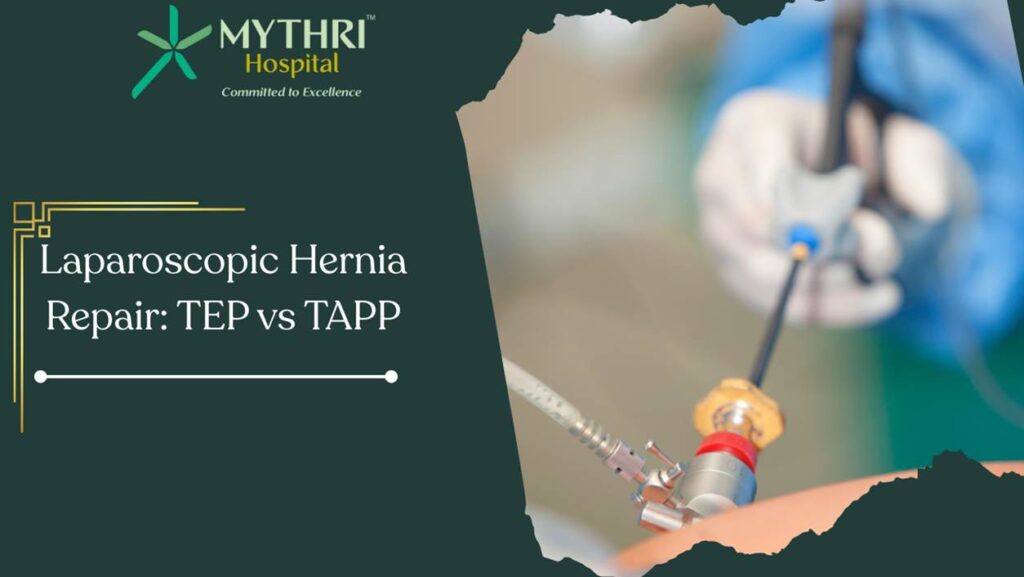Heart disease remains the globe’s number-one cause of death. Although bypass surgery and other operations can be life-saving, prevention and early discovery are by far the heart’s best defense. Certain blood tests, as said by some of the leading cardiologists, can provide vital information about the heart’s performance and vulnerability to heart disease—potentially allowing many to steer clear of bypass surgery altogether.
Let’s consider the top 10 blood tests that literally can change patients’ lives with heart disease.

1. Lipoprotein (a) or LP (a)
LP (a) is a genetic form of LDL (bad cholesterol). Raised levels of Lp(a) have been linked to premature heart disease and may be raised even if other cholesterol levels are within normal limits. It detects underlying risk factors in individuals who appear healthy.
2. ApoB (Apolipoprotein B)
ApoB is a protein on LDL particles and is a better cardiovascular predictor of risk than traditional LDL cholesterol. It quantifies the overall load of atherogenic (plaque-forming) particles in the circulation.
3. Homocysteine
This amino acid, when present in excess, is capable of damaging the blood vessel walls and producing blood clots. Elevated homocysteine levels are a good predictor of cardiovascular disease, particularly for patients who are vitamin-deficient.
4. hs-CRP (High Sensitivity C – reactive protein)
Hs-CRP detects inflammation in the body, even in arteries. Atherosclerosis, plaque buildup in arteries, is due to chronic inflammation. Elevated hs-CRP can indicate a risk of coronary artery disease even in the absence of risk factors.
5. Troponin (High Sensitivity)
Historically used to identify heart attacks, high-sensitivity troponin testing now can measure minute amounts of heart muscle damage, allowing coronary problems to be detected earlier.
6. NT-proBNP (N-terminal pro b-type Natriuretic Peptide)
This is a test to measure the stress on the heart. High NT-proBNP occurs in people who experience heart failure and will register heart stress even before symptoms arise.
7. HbA1c (Glycated Hemoglobin)
HbA1c estimates average blood glucose over the last 2–3 months. Mildly elevated levels may signal prediabetes, which can quietly impair arteries and raise heart disease risk.
8. Fasting insulin
Your fasting insulin level indicates how your body is managing blood sugar. High levels are a marker of insulin resistance, a precursor to diabetes and an excellent predictor of heart disease. Keeping insulin in balance will improve vascular function and reduce inflammation in the arteries.
9. Fibrinogen
Fibrinogen is a protein that induces clotting. High fibrinogen is associated with increased risk of heart attack and stroke as a result of high blood viscosity and thrombus formation. Its level monitoring provides more precise estimation of cardiovascular risk.
10. Vitamin D
Low vitamin D has also been linked with high blood pressure, inflammation, and risk for heart failure. Maintaining adequate levels of vitamin D can contribute towards cardiovascular health.
Why these tests are important?

It’s an early warning system. These blood tests can ‘whisper secrets of your heart’s future,’ so doctors and patients can take steps to prevent them way ahead of invasive surgeries like bypass surgery.
Heart disease usually advances symptom-free, and by the time symptoms do occur, arteries are likely to be partly plugged. These tests allow for early action—by means of lifestyle modification, medication, or stent procedures—that can reverse or halt disease in its path.
Take charge of your heart health

If you or someone close to you is at risk of heart disease, don’t wait until symptoms develop. A full series of blood tests as outlined above will give you important information regarding your cardiovascular status.
Early detection is early treatment—and the potential to avoid major surgery, decrease hospital stays, and enhance quality of life.
Do you need expert cardiac care?
At the Cardiology Center of Mythri Hospital, senior doctors provide thorough cardiac evaluations, with state-of-the-art blood work and non-invasive evaluation. Each heart is treated with respect and compassion that it deserves in a patient-focused manner. Don’t delay—have your heart evaluated today.




